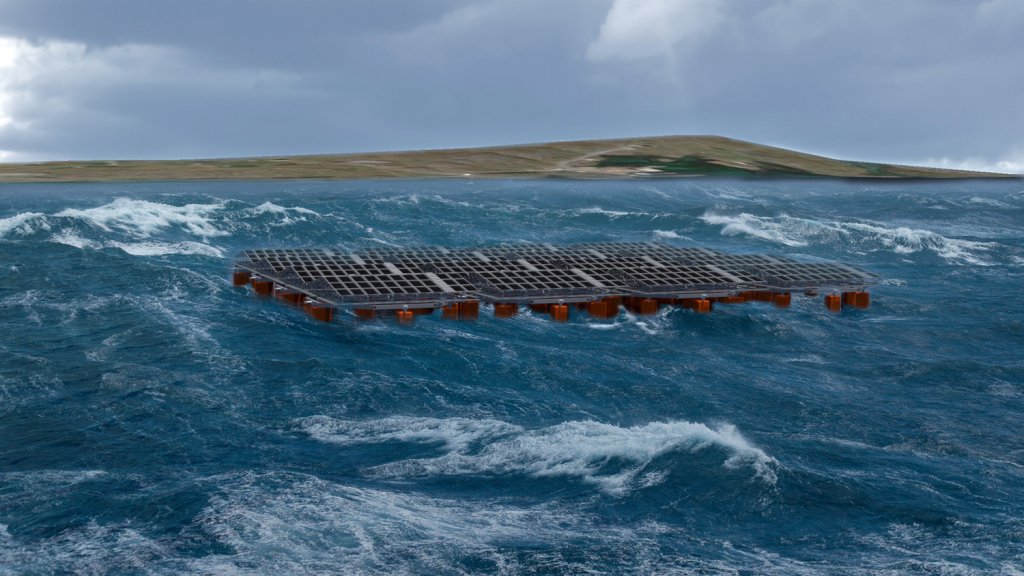
Equinor and Moss Maritime to start testing floating solar off Frøya
Equinor is already an offshore wind major. Now the company will explore the opportunities within offshore solar power. Together with Moss Maritime the company wants to start testing off the island of Frøya.
“If we succeed here, we can succeed anywhere,” says Hanne Wigum. She is the head of the Equinor technology unit focusing on wind and solar power.
The plan is to build a floating pilot plant off Frøya near Trondheim in the late summer of 2021. It is set to become the world’s first pilot plant for floating solar power in rough waters.
The municipality of Frøya has been positive to and is involved in the planning of the pilot plant. Equinor has filed an application with the Norwegian Water Resources and Energy Directorate. Planned to measure 80 m x 80 m, the plant will tower less than 3 metres over the sea surface. According to plans the pilot will be tested for minimum one year. The project is a collaboration between Equinor and the technology company Moss Maritime.
Testing resilience
The purpose of the pilot plant is not primarily to see how much energy it can produce, but how the weather conditions affect the plant. The Norwegian coast and continental shelf are world-class when it comes to oil, gas and wind, but when it comes to sun, other regions offer better conditions. As a test area, Frøya is still very suitable.
Information Source: Read Full Release ..
Press release by:



